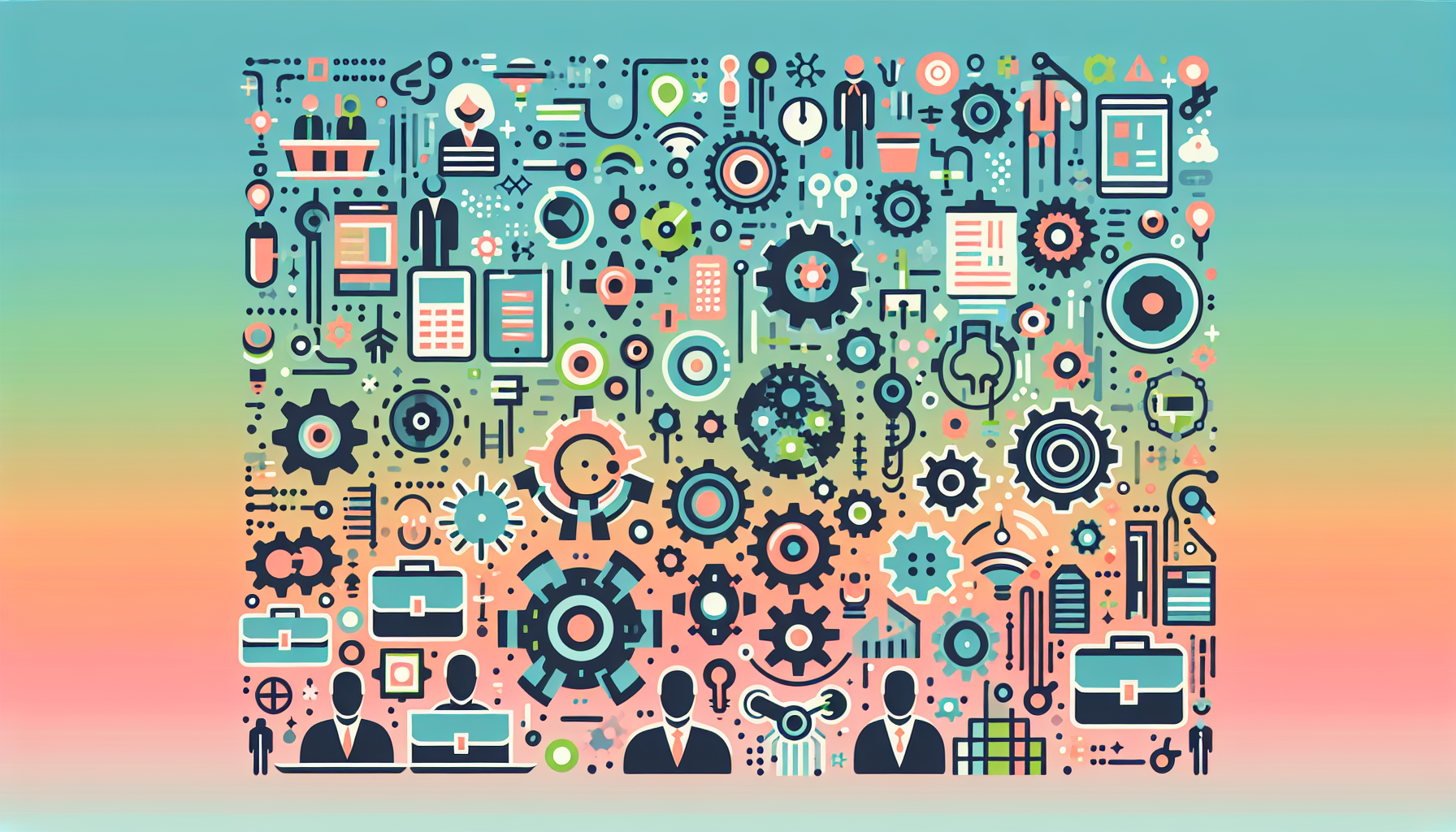Mortgage Automation and Job Market in 2025

The mortgage industry has experienced significant transformations in recent years, driven primarily by advancements in artificial intelligence (AI). As we move into 2025, AI loan officers, automated underwriting, and broader job shifts are becoming increasingly central to discussions about the future of mortgage lending. This evolution is not just about technological innovation; it also reflects changes in how professionals adapt to new tools and workflows.
AI and Efficiency in Mortgage Lending
One of the primary benefits of AI in the mortgage sector is its ability to automate repetitive tasks, thereby enhancing efficiency and reducing errors. AI tools can process and verify loan documents quickly and accurately, streamlining the underwriting process. This automation allows loan officers and mortgage processors to focus on higher-value tasks, such as providing personalized customer service and developing strategic relationships with clients.
For instance, AI-driven chatbots and virtual assistants can handle routine inquiries, freeing up loan officers to engage in more complex and meaningful interactions with borrowers. Moreover, AI's predictive analytics capabilities enable lenders to assess borrower risk more effectively, leading to better loan decisions and reduced default risks. Companies like Rocket Mortgage have already seen significant improvements in processing times with AI, reducing turn times by up to 25% in some cases.
Improving Risk Assessment
AI enhances risk assessment by analyzing vast amounts of data, including non-traditional indicators like social media activity and employment history, to evaluate creditworthiness more comprehensively. This leads to more personalized loan offerings and faster approvals. Fannie Mae's Desktop Underwriter and Freddie Mac's Loan Product Advisor are examples of systems that have been leveraging AI for decades to streamline underwriting while ensuring compliance.
Building Client Relationships with AI
AI also plays a crucial role in strengthening client relationships. By analyzing client data and preferences, AI tools can help loan officers tailor communications and loan recommendations to each client's needs. For example, platforms like Homebot provide loan officers with insights into client engagement and market trends, enabling them to offer timely advice on potential financial opportunities.
Job Market Shifts in the Mortgage Industry
The integration of AI in mortgage lending is naturally raising concerns about job stability for loan officers and other professionals. However, while AI handles routine tasks, it does not replace the need for human interaction and strategic thinking. Loan officers continue to play a critical role in guiding borrowers through the loan process and providing empathetic support during complex decision-making.
Evolving Roles for Loan Officers
The role of the loan officer is evolving to focus more on relationship-building and high-level advisory services. AI tools assist in automating routine communications and follow-ups, allowing loan officers to concentrate on deeper client interactions and developing partnerships with real estate agents. For instance, AI-powered video creation tools like HeyGen can help produce personalized video content for marketing purposes, enhancing digital engagement.
Training for AI Integration
To stay competitive, loan officers are advised to develop their AI skills. This includes understanding how AI integrates with existing systems and addressing concerns around data privacy and fraud. Participating in webinars and company training sessions can help professionals learn how to effectively leverage AI in their daily workflows.
Challenges and Opportunities in AI Adoption
Despite the benefits, there are challenges associated with AI adoption, including integration difficulties, high costs, and data privacy concerns. For example, Fannie Mae's 2023 survey highlighted these barriers, which are also echoed in the broader finance sector, according to Gartner and Deloitte.
However, the opportunities are substantial. AI can not only enhance operational efficiency but also boost deal volume by streamlining client engagement and providing personalized insights. As the mortgage industry continues to evolve, embracing AI is crucial for staying competitive.
Addressing Privacy and Fraud Concerns
To mitigate risks, mortgage professionals need to be mindful of how they use AI tools, especially those involving customer data. Ensuring compliance with company policies and legal standards is essential. This includes avoiding unauthorized use of generative AI tools that may expose sensitive information.
Implementing AI in Your Mortgage Business
For those looking to integrate AI into their mortgage business, starting with incremental steps can be beneficial. Utilizing tools like our WP Ultimate Loan & Mortgage Calculator can help provide customers with accurate and personalized loan calculations, thereby improving their overall experience.
Additionally, platforms such as True AI offer insights into how AI is transforming the mortgage loan process, providing practical advice on leveraging AI for efficiency gains.
To begin your journey into AI, consider reaching out to our team via the Contact Us page for personalized support.
Conclusion and Future Outlook
In summary, AI is not just a trend in mortgage lending; it represents a fundamental shift in how businesses operate and deliver value to clients. As loan officers adapt to these changes, they can improve efficiency, enhance customer satisfaction, and remain competitive in a rapidly evolving market.
The future of mortgage lending will undoubtedly be shaped by AI, with loan officers playing a pivotal role in harnessing its potential while maintaining the human touch that borrowers value. For those ready to embrace this future, now is the time to explore how AI can transform your business and elevate your role in the mortgage industry.











